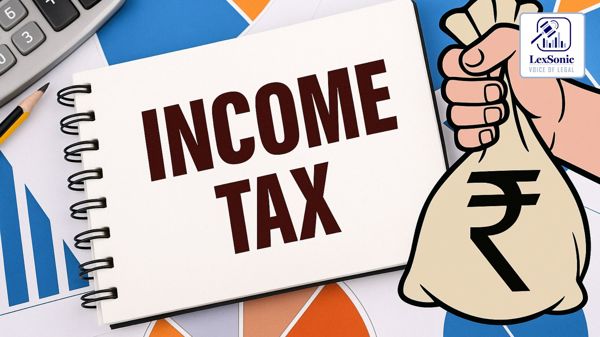Judicial Review of Income Tax Reassessment.
02 September 2024
Income Tax >> Tax Laws
In a recent judgment in the matter of Well Trans Logistics India Pvt. Ltd v/s Addl. Commissioner Of Income Tax & Others, the court scrutinized the validity of a reassessment notice issued under Section 148 of the Income Tax Act, 1961, focusing on whether the reasons recorded by the Assessing Officer (AO) were legally sufficient to justify reopening of the assessment. The case at hand involved a freight forwarding company challenging the reassessment notice for the Assessment Year (AY) 2011-12.
Background:
The petitioner, a company engaged in freight forwarding, filed its income tax return for AY 2011-12 on September 30, 2011. Subsequently, the AO reopened the assessment under Section 147 of the Income Tax Act, 1961, citing income escaping assessment. This action was triggered by information from the Deputy Director of Income Tax (DDIT), suggesting significant cash deposits in the company’s bank accounts. The petitioner contended that the notice was based on a borrowed belief rather than an independent assessment by the AO.

The Notice and Objections:
The reassessment notice was issued on March 22, 2018, and the reasons recorded for reopening were provided to the petitioner on July 20, 2018. The petitioner raised objections, arguing that the AO’s belief was derived solely from the DDIT’s information and lacked independent scrutiny. They also pointed out procedural deficiencies, including the absence of a date on the reasons recorded and the failure to address specific objections.
The AO's response to these objections, issued on November 13, 2018, did not directly address the issues raised by the petitioner but merely noted that the required details had not been submitted.
Legal Arguments:
The petitioner argued that the reassessment proceedings lacked a proper basis because the AO’s belief was not formed independently. According to established legal principles, the formation of a belief under Section 147 requires more than a mere suspicion; it must be based on tangible material indicating that income has escaped assessment.
The revenue counsel defended the reassessment by stating that the AO had considered the DDIT’s report along with other records to form a belief. They contended that the reasons recorded reflected sufficient application of mind and that the adequacy of the material could not be challenged at this stage.
Judicial Review:
The court emphasized that the power to reopen assessments under Section 147 is significant and cannot be exercised lightly. The primary test is whether the AO had a legitimate reason to believe that income had escaped assessment. This belief must be based on tangible material and not merely on suspicion or borrowed from another authority's findings.
In examining the reasons recorded, the court noted that the AO’s conclusions were essentially a restatement of the DDIT’s findings without demonstrating an independent application of mind. The reasons did not adequately link the tangible material with the belief that income had escaped assessment. The court found that the information provided by the DDIT, while important, could not solely justify the reassessment without further corroborative material or independent inquiry by the AO.
Conclusion:
The court ruled in favor of the petitioner, finding that the reassessment notice and subsequent proceedings did not meet the legal requirements of Section 147 and 148. The lack of independent reasoning and insufficient link between the material and the belief formed led to the conclusion that the reassessment was invalid. As a result, the court set aside the notice dated March 22, 2018, and any further proceedings initiated based on it.
This case underscores the necessity for AOs to independently verify and substantiate the reasons for reopening an assessment. It highlights the judicial scrutiny required to ensure that reassessment notices are grounded in a legitimate belief of income escaping assessment, rather than being a mechanical exercise or a mere repetition of another authority’s findings.
